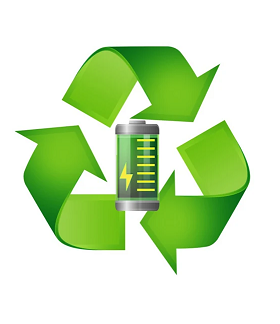In stock
Nominal capacity
:
4 800 mAh
Discharge current
:
9.6 A
Expected delivery
:
14/04/2025
3.60 EUR (Net: 2.83 EUR)
In stock
Nominal capacity
:
5 000 mAh
Discharge current
:
9.7 A
Expected delivery
:
14/04/2025
3.70 EUR (Net: 2.91 EUR)
In stock
Nominal capacity
:
3 120 mAh
Discharge current
:
30 A
Expected delivery
:
14/04/2025
4.90 EUR (Net: 3.86 EUR)
In stock
Nominal capacity
:
4 500 mAh
Discharge current
:
45 A
Expected delivery
:
14/04/2025
5.30 EUR (Net: 4.17 EUR)
In stock
Nominal capacity
:
2 800 mAh
Discharge current
:
35 A
Expected delivery
:
14/04/2025
4.20 EUR (Net: 3.31 EUR)
In stock
Nominal capacity
:
4 000 mAh
Discharge current
:
35 A
Expected delivery
:
14/04/2025
3.70 EUR (Net: 2.91 EUR)
In stock
Nominal capacity
:
4 000 mAh
Discharge current
:
35 A
Expected delivery
:
14/04/2025
4.30 EUR (Net: 3.39 EUR)
In stock
Nominal capacity
:
2 470 mAh
Discharge current
:
8 A
Expected delivery
:
14/04/2025
2.60 EUR (Net: 2.05 EUR)
In stock
Nominal capacity
:
3 000 mAh
Discharge current
:
15 A
Expected delivery
:
14/04/2025
3.50 EUR (Net: 2.76 EUR)
In stock
Nominal capacity
:
2 900 mAh
Discharge current
:
8.25 A
Expected delivery
:
14/04/2025
2.60 EUR (Net: 2.05 EUR)
In stock
Nominal capacity
:
5 000 mAh
Discharge current
:
15 A
Expected delivery
:
14/04/2025
4.10 EUR (Net: 3.23 EUR)
In stock
Nominal capacity
:
5 000 mAh
Discharge current
:
9.6 A
Expected delivery
:
14/04/2025
3.50 EUR (Net: 2.76 EUR)
In stock
Nominal capacity
:
3 000 mAh
Discharge current
:
30 A
Expected delivery
:
14/04/2025
4.70 EUR (Net: 3.70 EUR)






























